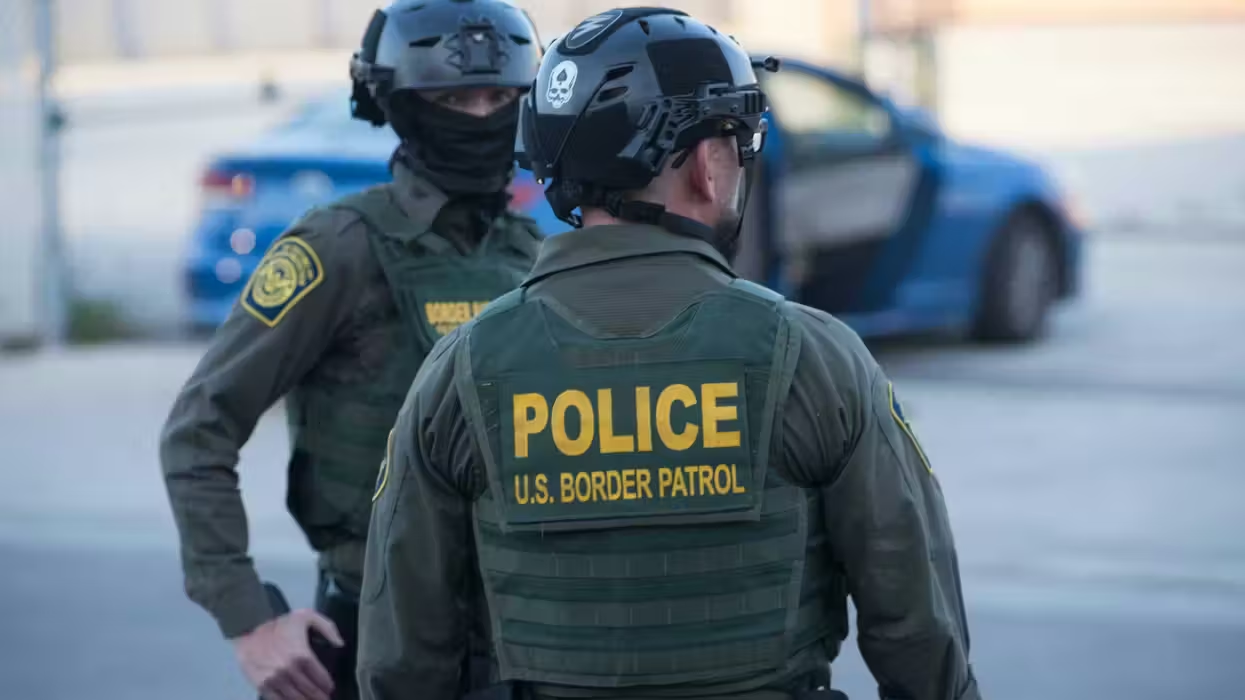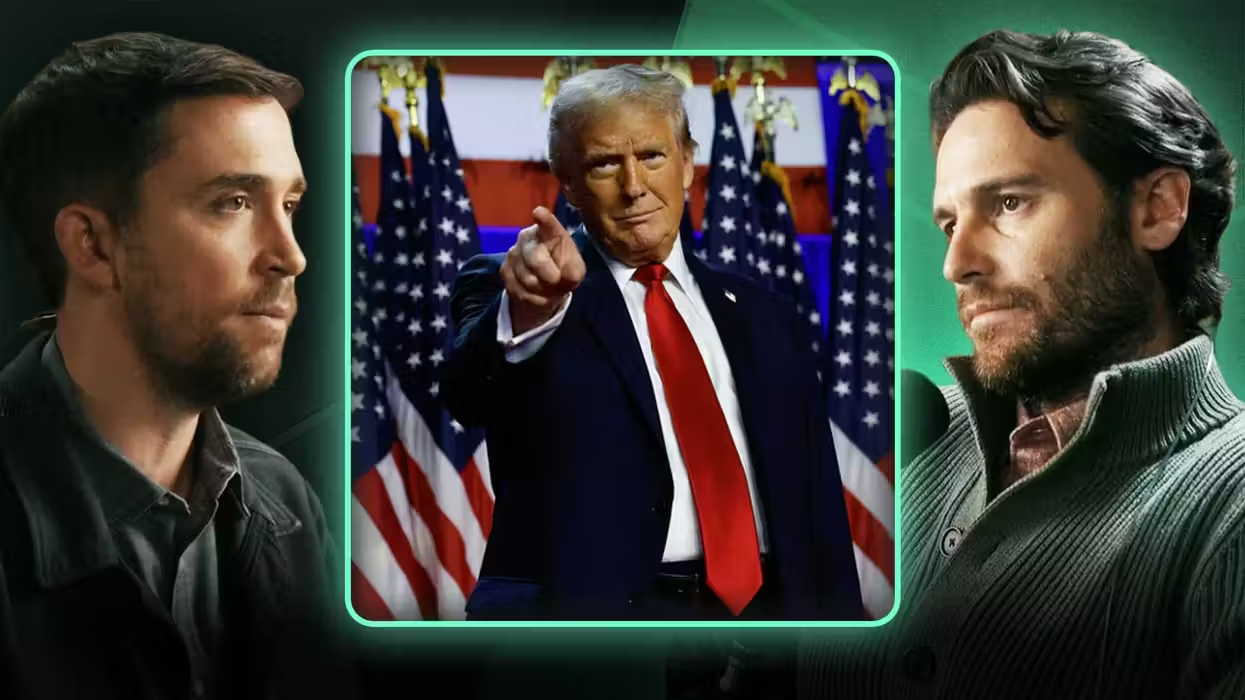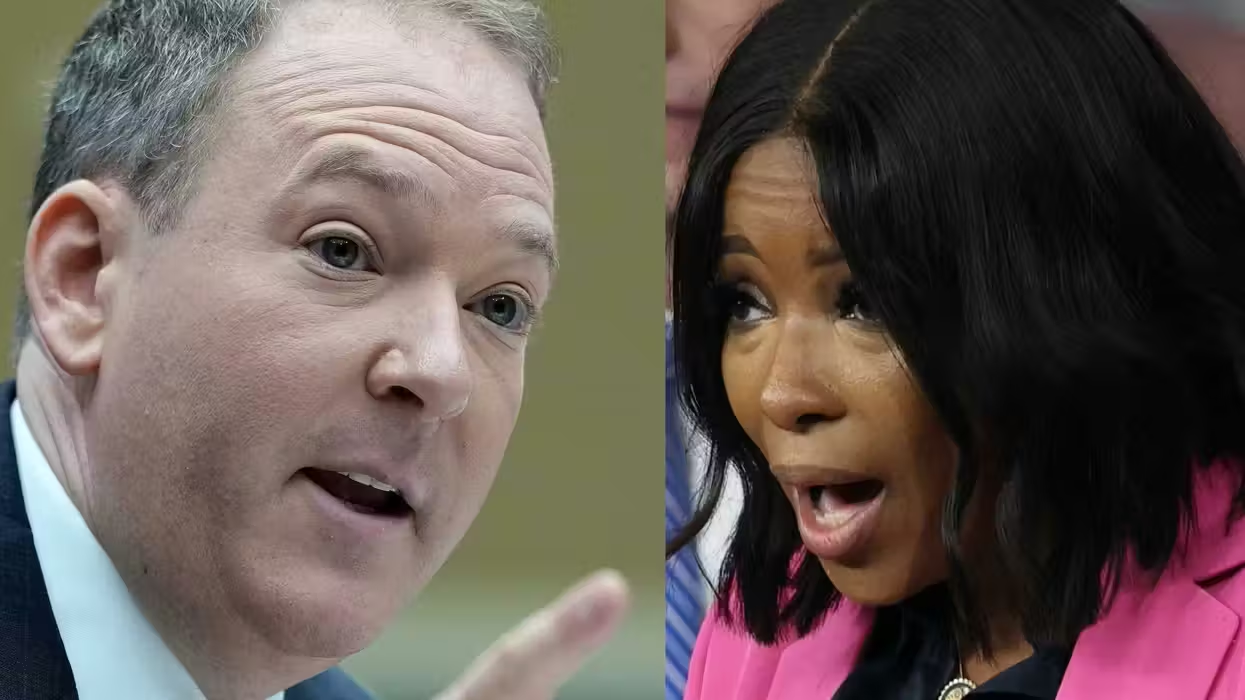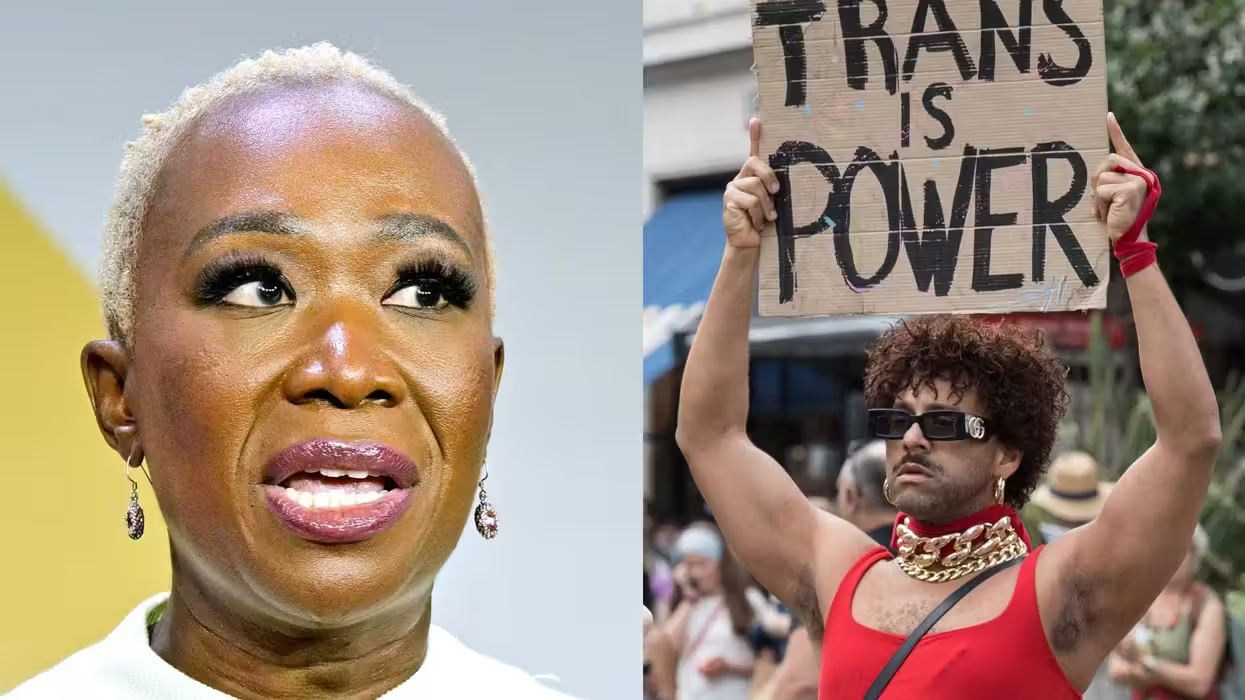
© 2025 Blaze Media LLC. All rights reserved.
Is cash becoming extinct? A growing number of economists and financial experts are saying a cashless society isn’t far off. A recent survey reveals that 78 percent of Americans carry with them less than $50 at any given time. Another 10 percent say they don’t carry dollar bills or change at all.
However, this end-of-cash era doesn’t faze most Americans. In fact, chief financial analyst of Bankrate.com Greg McBride said that moving to a “truly cashless society… won’t be much of an adjustment” for most people. That’s because an overwhelming majority have made credit/debit cards and electronic transactions (mobile apps) their payment method of choice. Noncash payments are fast, easy, and will inevitably be the dominating way to make payments in the global economy.
When currencies and economies falter, investors tend to focus even more on gold and silver.
What are the benefits of a cashless economy?
Israel is currently in the process of approving a three-phase plan to make cash transactions a thing of the past. An estimated 20 percent of economic activity in the Jewish state is not reported, making it one of the largest black markets in the world and costing the state $11-14 billion in revenue every year. Therefore, in an effort to combat tax evasion, money laundering, and even funding for terrorism, the Israeli government is making it harder for people and businesses to make large cash payments and transactions.
If the legislation is approved, Israeli banks would be required to provide credit/debit cards to all account holders to encourage electronic commerce. Like the United States, many Israelis already prefer electronic payment methods for convenience. There’s no doubt that Israel is leading the way for a cashless economy, but like all innovative ideas, there are real risks and the possibility of unforeseen consequences.

Cyber theft and the end of financial privacy
As electronic payment options have become more sophisticated, cyber thieves have gotten savvier. It’s true that thousands of people have their personal information stolen every day; however, hackers have been attempting data breaches on a massive scale more and more frequently. For example, the data breach at Target stores in February 2014 compromised the credit/debit cards of 40 million shoppers. U.S. Treasury Secretary Jack Lew said it best, "Cyber attacks on our financial system represent a real threat to our economic and national security."
Hard assets like physical gold and silver are impervious to cyber attacks.
Indeed, many of these large-scale attacks are coming from countries outside of the US. Reports of systematic cyber espionage and data theft are growing by the day, and consumers are uncertain that their accounts are completely safe.
Jack Lew recently stated, “Cyber intrusion has far reaching consequences. Hackers accessed A.P.'s twitter account and announced a false alert saying there had been an attack on the White House, which drove down the Dow for three minutes; temporarily erasing roughly $130 billion of value from U.S. stock markets.” Even more troubling, perhaps, is the real threat of our own government having unlimited, unrestricted access to our personal records and account information.
Still, there are those entrepreneurs who are hopeful for the future of a cashless society. Tyler Winklevoss notes, “Micropayments, which have previously been unfeasible on the Internet, can now happen. A reliable, digital currency will enable a lot of great things and I’m excited to see the next decade unfold.” The cashless society case is being made more every day, as the benefits continue to pile up. Research from Tufts University demonstrated that cash costs US consumers, businesses and governments more than $200bn annually in everything from ATM fees and theft to lost tax revenue. It also helps spread disease. In addition to Bitcoin and Square, Richard Branson recently announced an investment in Clinkle, a start-up that promises to revolutionize payments. Whether you believe cash will continue to be king or that it will be usurped by digital payments, there is no doubt – a cashless society is on the horizon.
Want to leave a tip?
We answer to you. Help keep our content free of advertisers and big tech censorship by leaving a tip today.
Want to join the conversation?
Already a subscriber?
more stories
Sign up for the Blaze newsletter
By signing up, you agree to our Privacy Policy and Terms of Use, and agree to receive content that may sometimes include advertisements. You may opt out at any time.
Related Content
© 2025 Blaze Media LLC. All rights reserved.
Get the stories that matter most delivered directly to your inbox.
By signing up, you agree to our Privacy Policy and Terms of Use, and agree to receive content that may sometimes include advertisements. You may opt out at any time.





